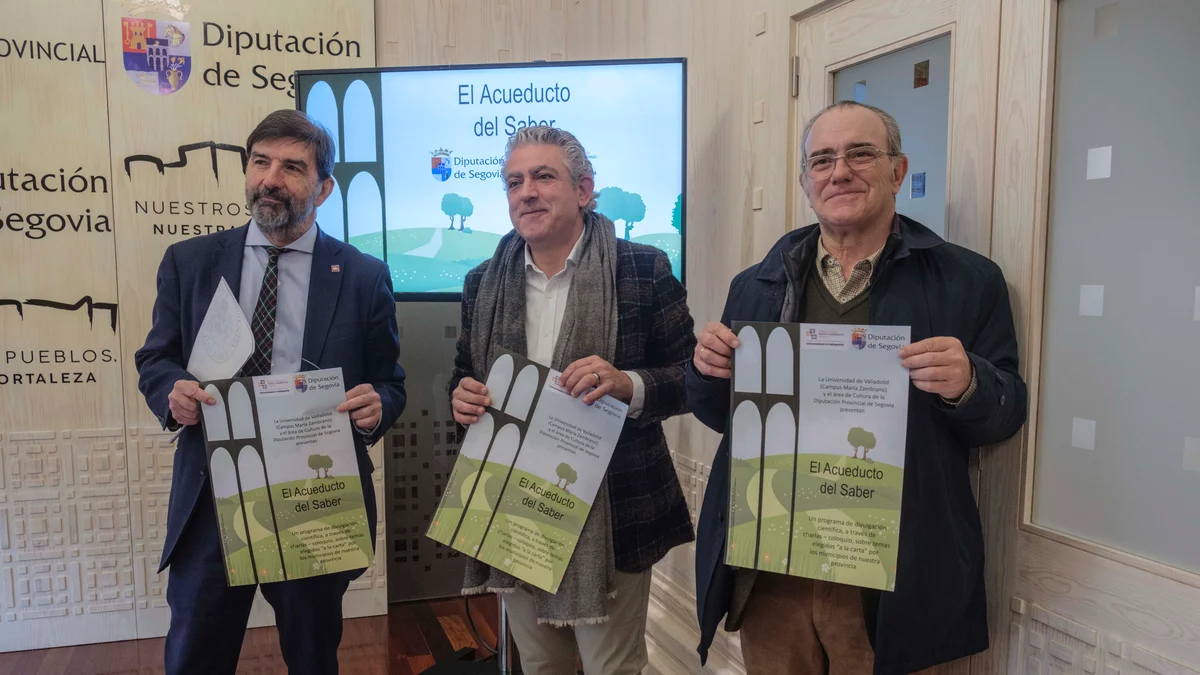Ever since 2007, when the city of Los Angeles settled a lawsuit over enforcement of its ordinance that banned sitting, lying or sleeping on streets and sidewalks, the number of people sitting, lying or sleeping on streets and sidewalks has steadily increased.
The Jones v. Los Angeles settlement of a lawsuit by the American Civil Liberties Union required the city to stop enforcing the ban on sleeping on the streets and sidewalks anywhere in L.A. between the hours of 9 p.m. and 6 a.m. until at least 1,250 units of housing for the chronically homeless were constructed, with half in the Skid Row area.
The city settled because the U.S. Ninth Circuit had ruled in favor of the ACLU, calling the ordinance “one of the most restrictive municipal laws regulating public spaces in the United States.”
Los Angeles could have rewritten the ordinance, or appealed the U.S. Supreme Court, but city officials decided it would be better to allow people to camp overnight on the public right-of-way, without limitation.
Although the housing was built and the city could have gone to court to get out of the settlement, city officials chose not to do that. And although the settlement meant that the Ninth Circuit’s ruling in the Jones case would not be a precedent, that court copied much of the substance of the Jones decision in its ruling in the 2018 Martin v. Boise case, which did become a precedent.
As a result, cities in the western states can get sued for enforcing a ban on sleeping on the streets, sidewalks and other public spaces.
And as a result of that, there was an explosion in the amount of money spent on programs and city services related to the problem of people sleeping on streets, sidewalks and other public spaces.
What happened to all that money?
In Los Angeles, another settlement in another lawsuit over homelessness may lead to an answer to that question.
In March 2020, the L.A. Alliance for Human Rights, a group of downtown residents and business owners, sued the city and county of Los Angeles for, essentially, wasting money and not providing housing to get people off the streets. Separate settlements were reached with the city and the county.
Recently, the L.A. Alliance came back to court with a complaint that the city was not in compliance with the April 2022 settlement. The group asked U.S. District Judge David O. Carter, who is overseeing the case, to approve a fine against the city of $6.4 million.
Carter declined to do that, but he did this: he ordered a wide-ranging, independent audit of homelessness spending in the city of Los Angeles since March 2020. The order requires “complete and thorough transparency for each and every homelessness assistance program and initiative funded or conducted by the City of Los Angeles.”
The scope of the audit includes an evaluation of how effective the spending has been at reducing homelessness, how service providers are held accountable for performance, and how the Los Angeles Homeless Services Authority (LAHSA) collects and uses data.
We probably already know the answers: not, not and not.
So here’s the real question: What are we going to do after we get that report?
Related Articles
30 years later: genocide still scars Rwanda
Interventionism, not capitalism, has caused our economic problems
Business groups and lawmakers battle over ballot measure to limit California tax increases
Give dental hygienists more flexibility to care for patients
Reparations push in California won’t yield much this year
Maybe raise taxes? The Measure H sales tax increase passed by L.A. County voters in March 2017 expires after 2026. Plans are well along for a measure that would double the 0.25% tax to 0.5% and make it permanent. The county says it needs the money for homelessness programs.
If the L.A. County Board of Supervisors were to put that measure on the November ballot, it would need a two-thirds vote to pass, because it’s a tax for a special purpose. However, the California Supreme Court opened a loophole with its decision in the 2017 case of California Cannabis Coalition v. City of Upland, suggesting that if a tax increase was proposed by a “citizens’ initiative,” the constitution might not apply. So a simple majority vote would be enough to pass the tax.
Soon you’ll see “citizens” in front of supermarkets, asking you to sign the petition for this tax increase for homelessness programs. Tell them you’re waiting for the audit report.
Write Susan@SusanShelley.com and follow her on Twitter @Susan_Shelley




